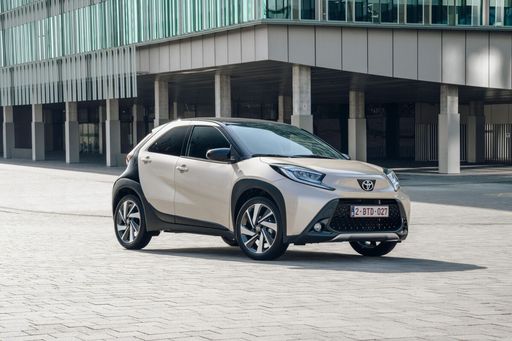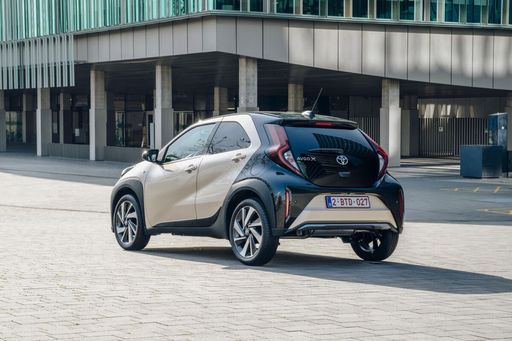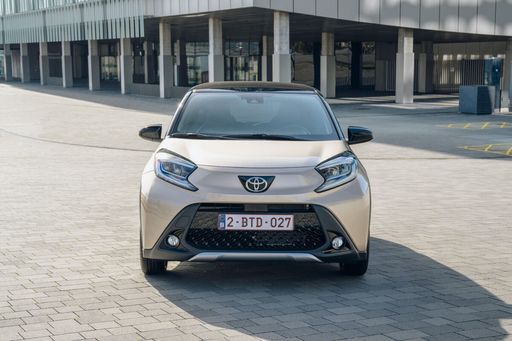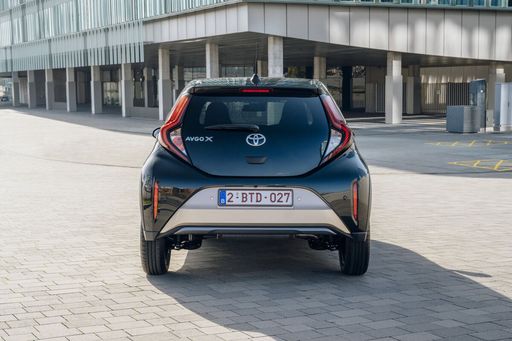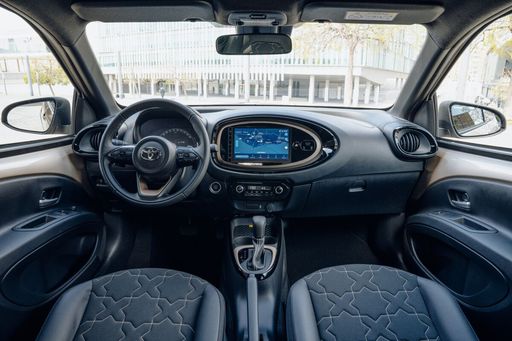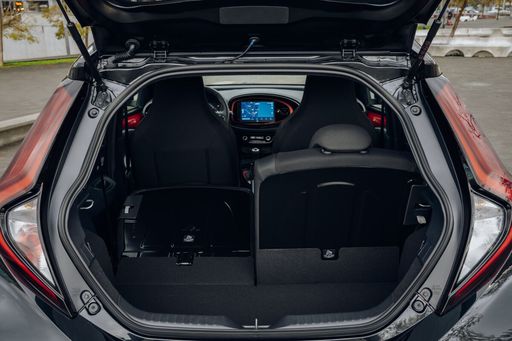Toyota Aygo vs. Toyota C-HR: A Comprehensive Comparison
The automotive market has a plethora of options for consumers, but when it comes to choosing between compact and versatile vehicles, the Toyota Aygo and Toyota C-HR stand out prominently. Each of these models caters to distinct needs and preferences, making it essential to compare their technical aspects, innovations, and overall offerings. In this article, we delve deep into the specifications and features of the Aygo and C-HR to help you make an informed decision.


